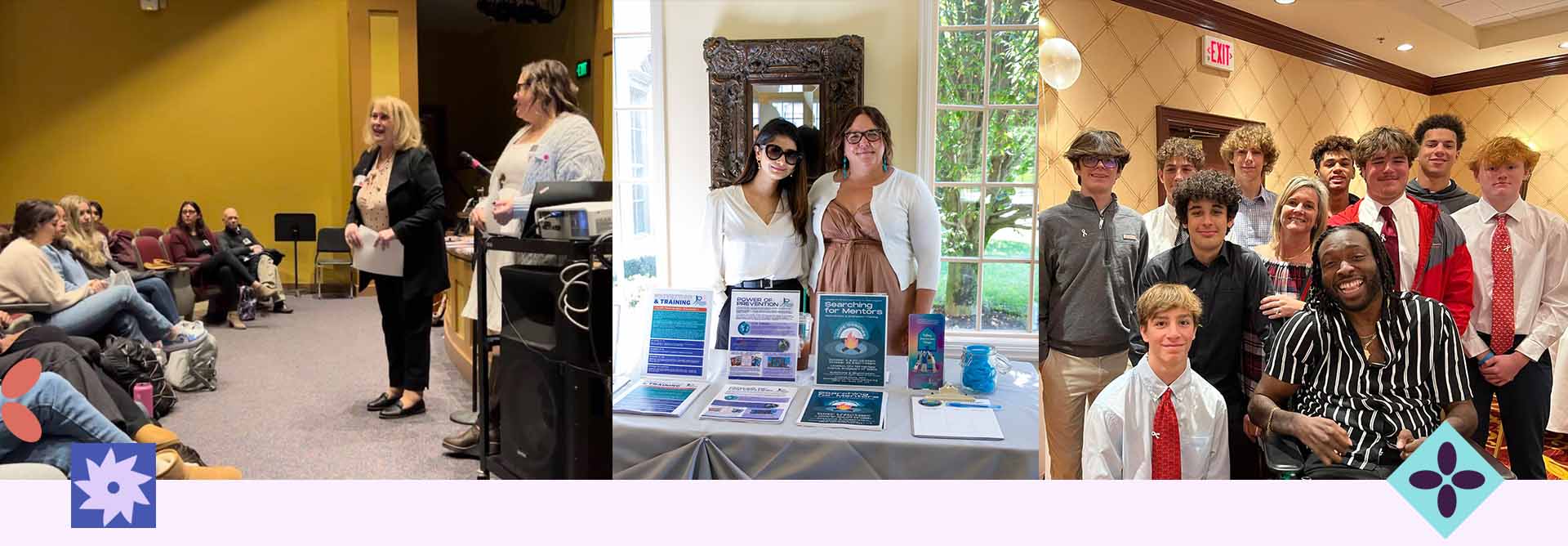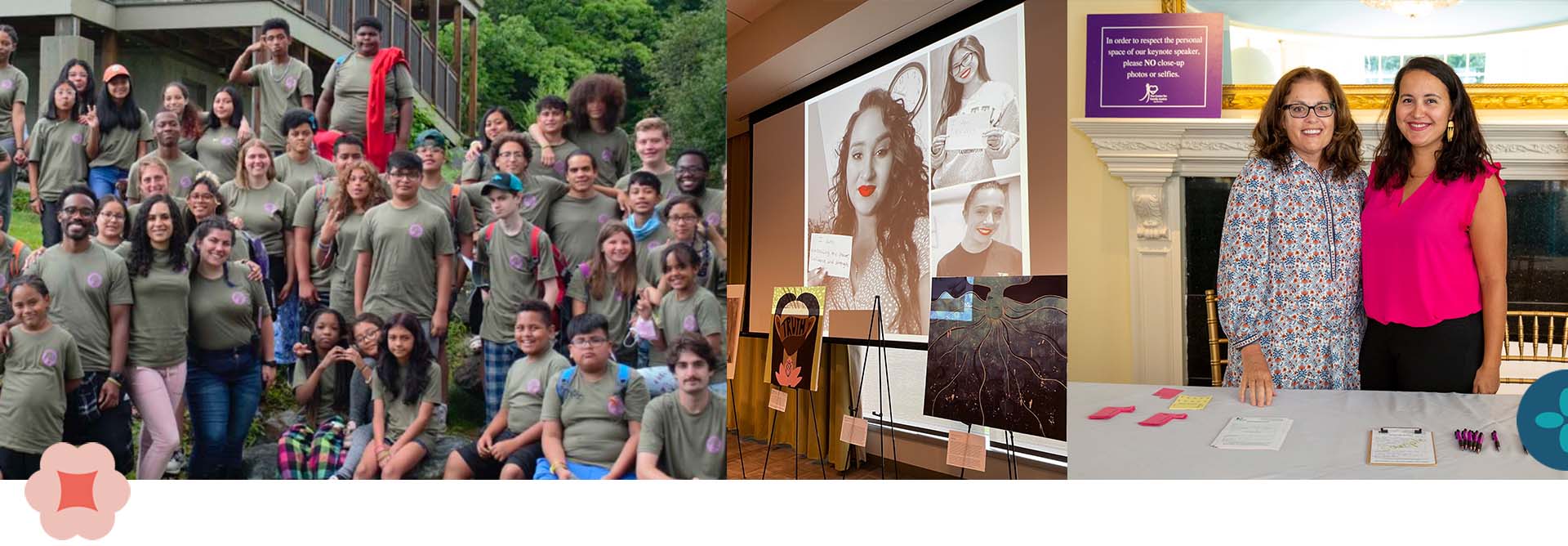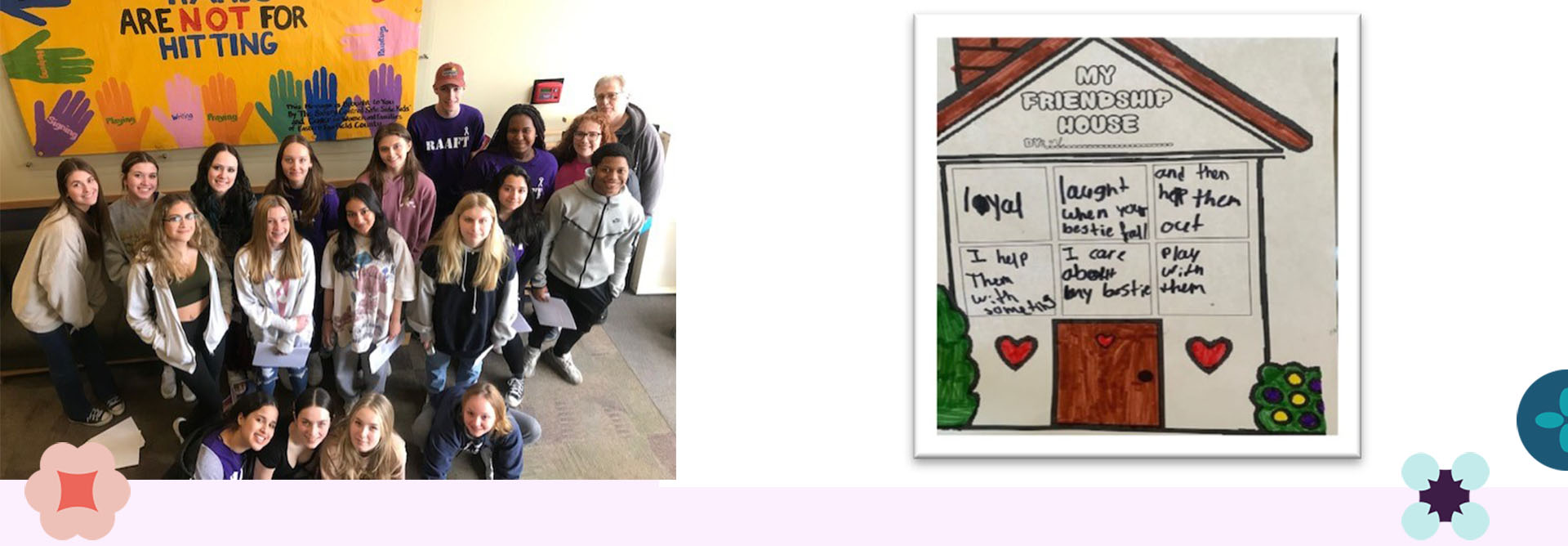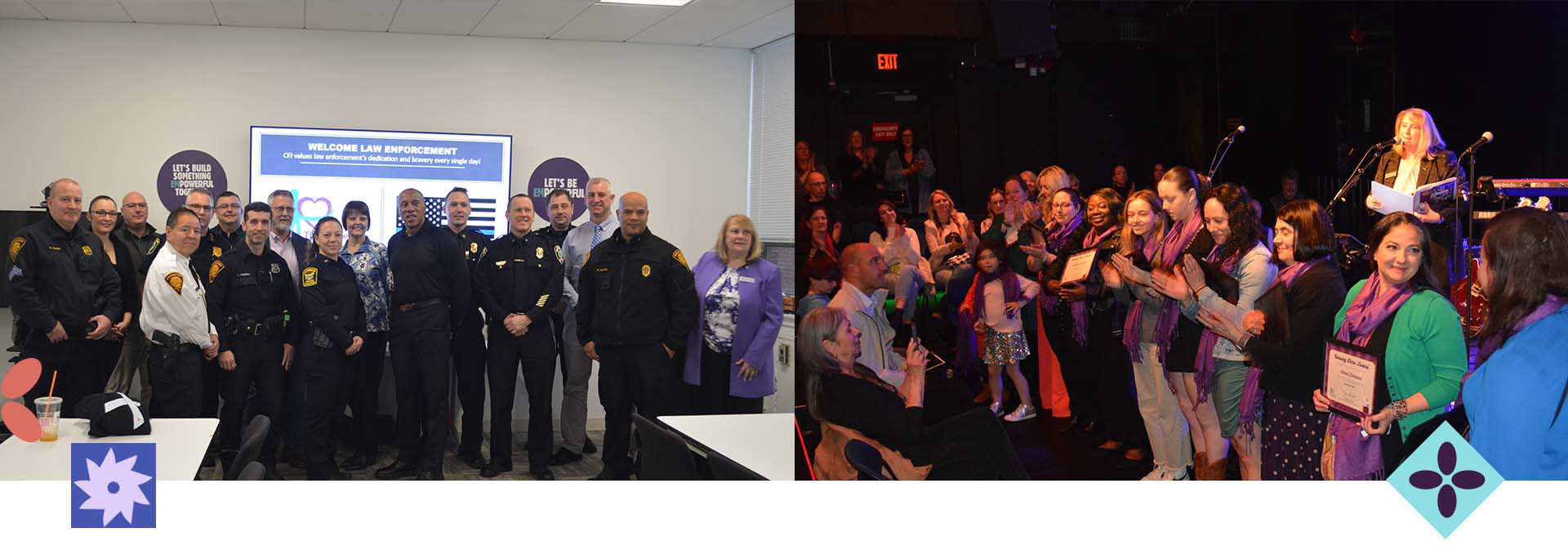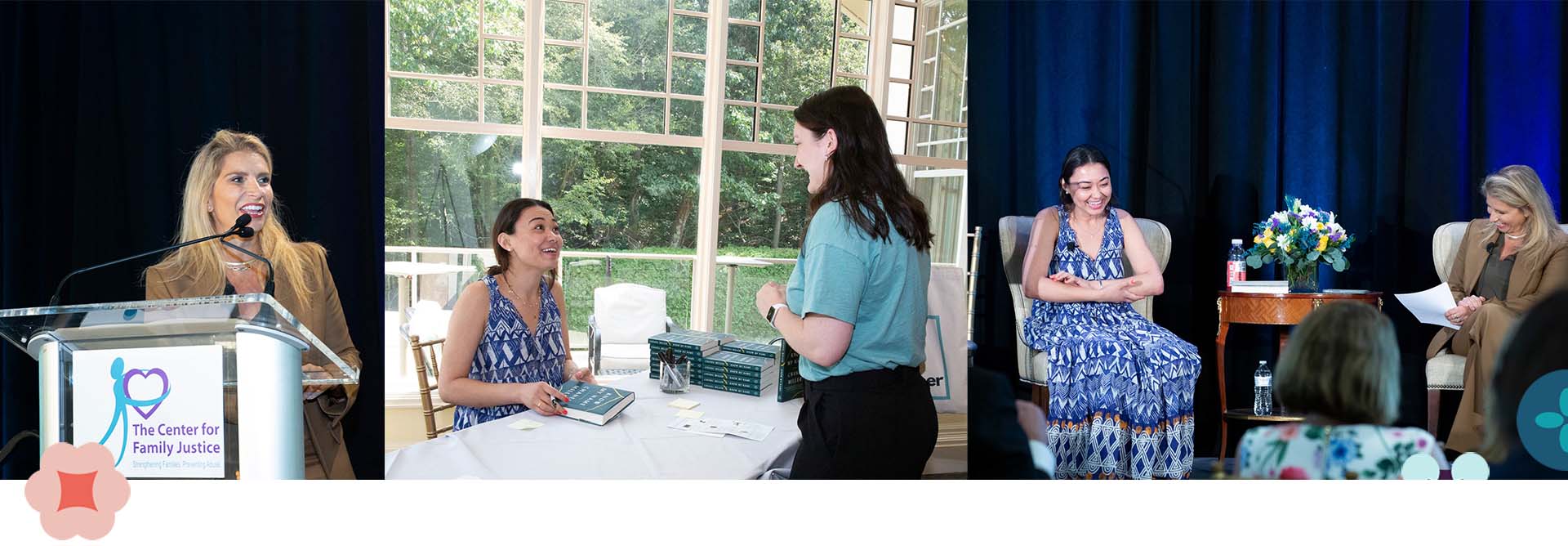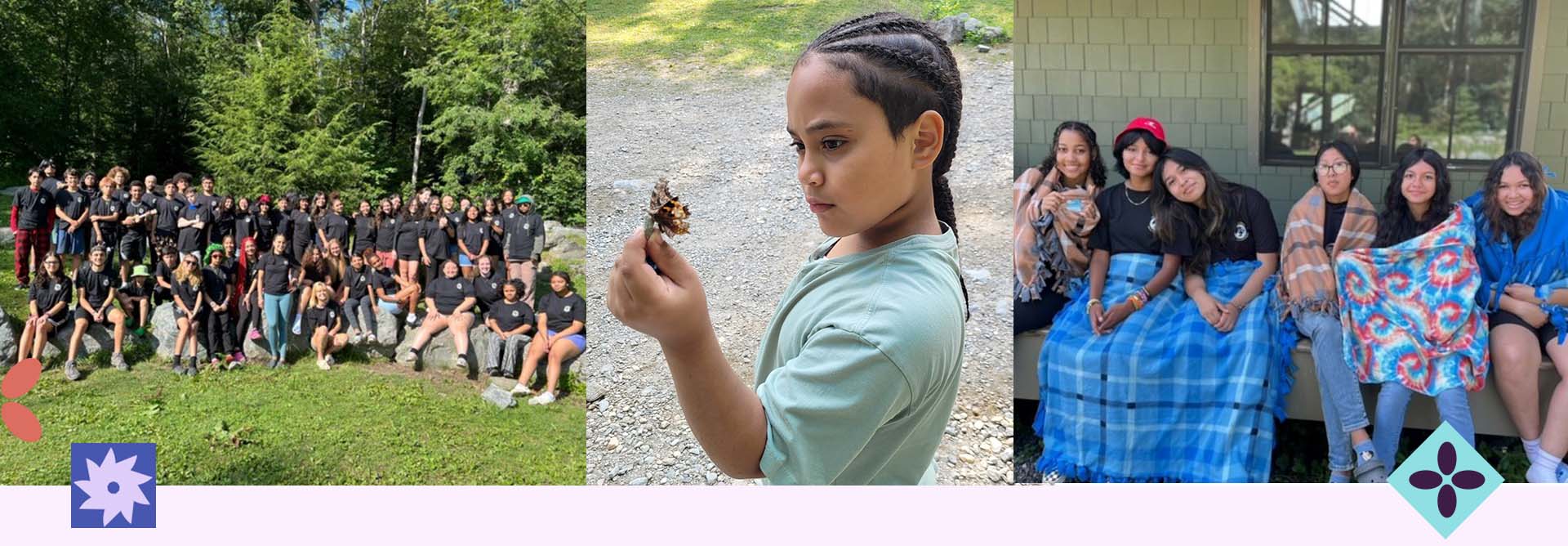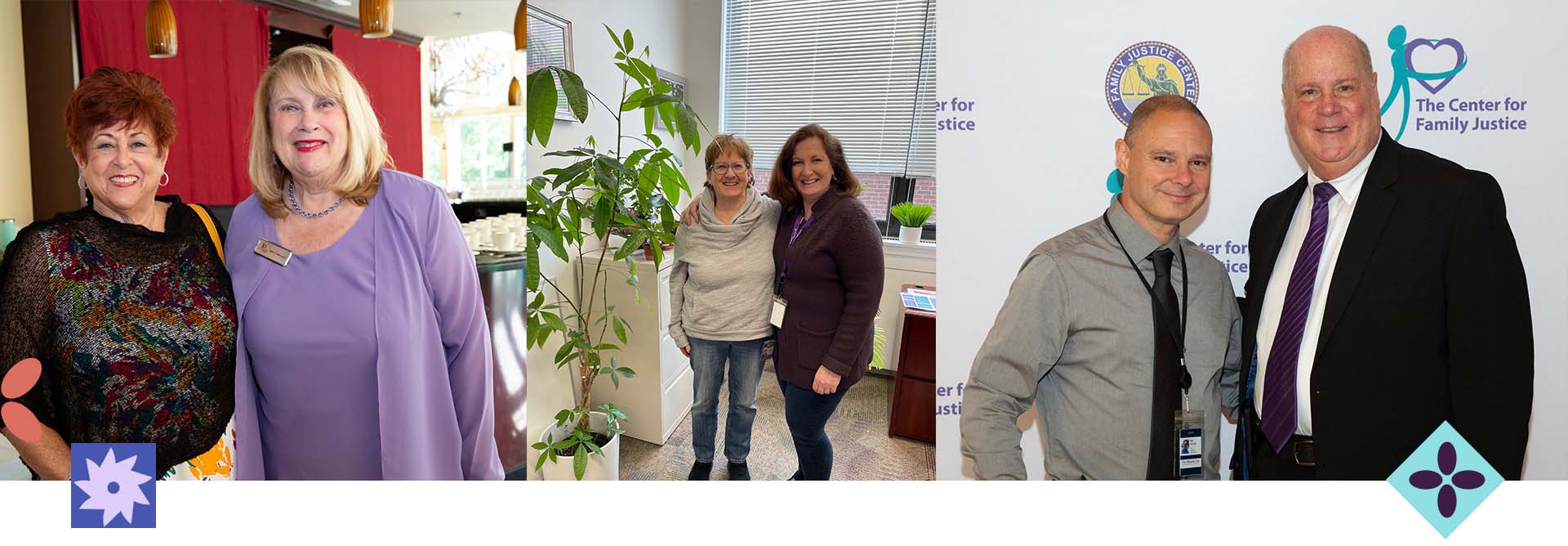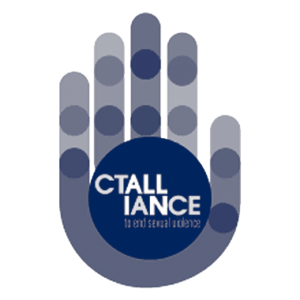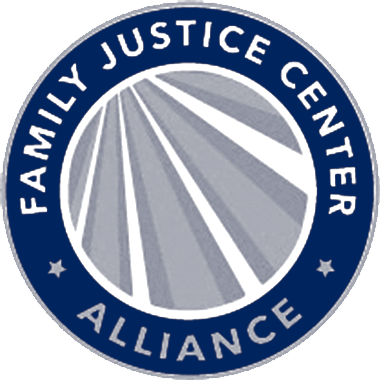The Center for Family Justice
Prevention Education
At The Center for Family Justice, we bring our professional and trained staff to your children’s schools to talk to them about a variety of issues, from bullying, body safety, teen dating and conflict resolution.
We make sure all our presentations are age appropriate and trauma informed as we work toward social change by promoting respectful, non-violent and healthy friendships, relationships, families and communities.
We break down the information so we can offer programs for students in:
Grades K-5 | Grades 6-8 | Grades 9-12 | College/University Students | General Public/Professionals

